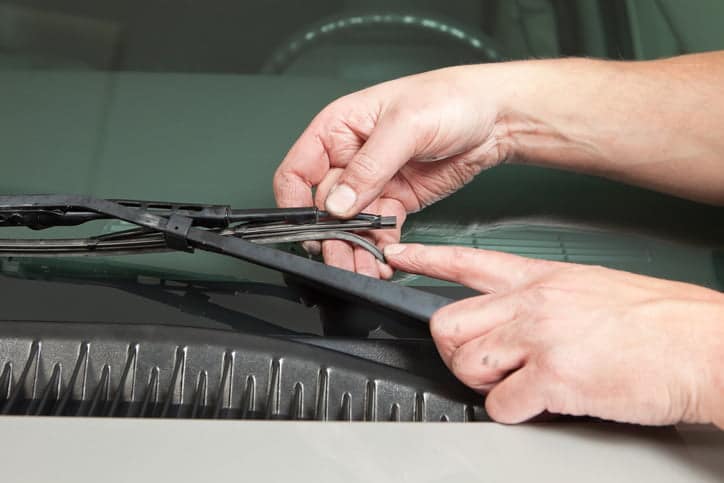
Last week, I stumbled across a question on Quora that stopped me cold: “Why do you think people come up with stories about car breakdowns instead of just admitting they missed maintenance?”
After 15 years as an auto electrician, I realized this random internet question had exposed the biggest secret in automotive repair.
The car stories we tell reveal more about our character than any driving record ever could.
But here’s what hit me hardest in those Quora answers.
One mechanic wrote:

” A client added: “

That’s when it clicked. Every elaborate breakdown story I’d heard over the years wasn’t about the car – it was about the owner’s relationship with responsibility.
Your car stories aren’t just entertainment. They predict whether you’ll spend hundreds on maintenance or thousands on repairs.
Contents
The Car Stories We Tell Ourselves
I had a client bring in his Corolla because the transmission wasn’t shifting correctly.
At first glance, I noticed the yellow ABS light glowing on the dashboard. The speedometer wasn’t working either.
After scanning the system, I found the fault in the right front wheel sensor. Simple fix.
I explained how the speedometer affects Toyota transmissions and warned him about the cost implications if left unchecked. The repair would cost around $200.
His response? “I don’t have the money right now. Let me prepare and come back. I’ll park the car at home when I get the money.
But he didn’t park it. He kept driving it, telling himself he’d “manage it home” each day.
A few days later, my phone rang. “It happened,” he said. The transmission had completely failed.
What started as a $200 sensor repair became a $3,000 transmission replacement.
I couldn’t help but chuckle – not at his misfortune, but at the predictability of it all. Let me manage it home” had become the most expensive four words he’d ever spoken.
This is the psychology behind our car stories. We create narratives that make us feel better about poor decisions, even when those stories cost us thousands.
The Six Types of Car Stories and What They Reveal
Unless you stay on top of your car’s maintenance, it’s easy to come up with excuses when things go wrong, and that’s usually why some car stories drag on or sound more dramatic than they should.
The “Let Me Manage It” Story: The Procrastinator’s Tale
These car stories always start with good intentions and end with expensive consequences. The owner knows something’s wrong but creates a narrative around why they can wait.
I’ll drive it easy until I get paid.” “It’s probably nothing serious.” “The car’s been reliable so far.
What this reveals: Fear of immediate financial pain leads to greater future pain. These car owners believe things happen to them rather than because of their choices.
The real cost: Procrastination maintenance is typically 3-5 times more expensive than preventive maintenance.
The “It Just Died” Story: The Victim’s Narrative
These are the most dramatic car stories. The owner paints themselves as an innocent victim of mechanical conspiracy.
I was just driving normally when it completely died.” “There was no warning at all.” “This car has been nothing but problems.
What this reveals: Complete avoidance of personal responsibility. These owners believe they have no control over their car’s health.
Warren Buffett represents the opposite mindset. He’s famously driven modest cars and said he only drives about 3,500 miles per year, so he buys cars very infrequently. No drama. No victim stories. Just practical decisions based on actual needs.
The real cost: Reactive maintenance keeps these owners in perpetual crisis mode, spending emergency money on preventable problems.
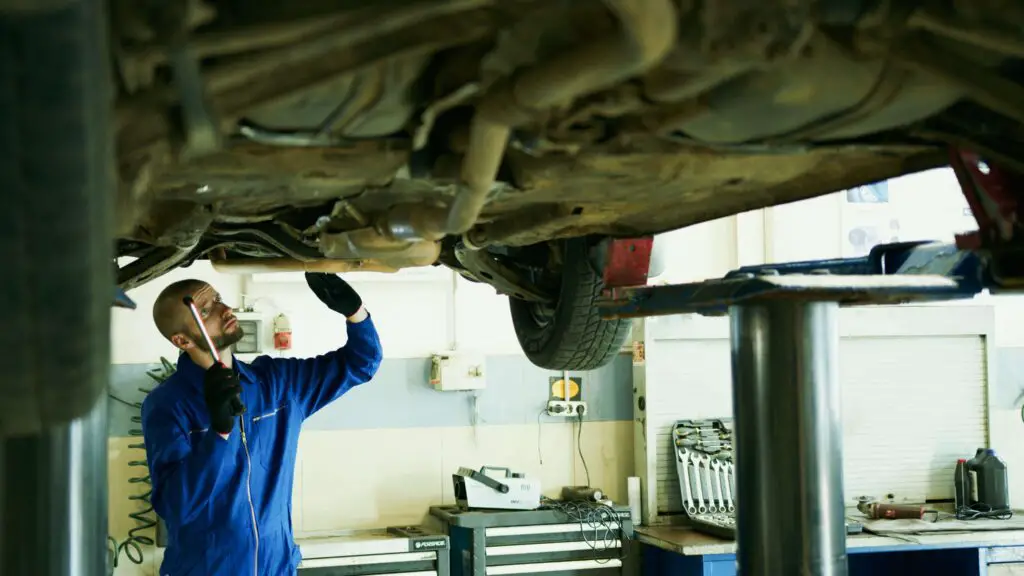
The “They Don’t Make Them Like They Used To” Story: The Conspiracy Theorist
These car stories blame external forces – manufacturers, mechanics, or society – for all automotive problems.
“Cars these days are designed to break.” “My old truck ran forever without maintenance.” “Mechanics just want to make money.”
What this reveals: Nostalgic thinking that avoids present responsibility. These owners live in the past instead of dealing with current reality.
The real cost: Never learning from patterns means repeating the same expensive mistakes indefinitely.
The “I Drove 100 Miles on a Flat” Story: The Hero’s Journey
These car stories turn mechanical problems into personal triumphs. The owner becomes the protagonist who overcame impossible odds.
I made it home on three cylinders.” “The brakes were completely gone, but I used the emergency brake.” “I drove through the snowstorm with no heat.
What this reveals: Need for admiration. These owners prefer being impressive over being practical.
The real cost: Small problems become major repairs because heroic narratives are more appealing than simple solutions.
The “I Caught It Early” Story: The Responsible Owner’s Reality
These are the rarest car stories because they’re boring. No drama. No crisis. Just competent vehicle ownership.
I noticed the noise during my monthly check.” “The maintenance schedule said it was due.” “Better safe than sorry.
What this reveals: Proactive mindset and comfortable relationship with responsibility. Like Buffett’s practical approach to cars – function over form, prevention over crisis.
The real cost: Significantly lower long-term ownership costs and fewer emergency repairs.
The “It Gets Me From A to B” Story: The Minimalist’s Truth
These aren’t really stories at all – they’re statements of fact. The owner sees cars as transportation tools, nothing more.
“It runs, so I’m happy.” “I just need reliable transportation.” “Cars are depreciating assets anyway.”
What this reveals: Self-confidence that doesn’t need external validation. These owners make decisions based on logic.
This mirrors Buffett’s philosophy perfectly – he’s not trying to impress anyone with his car choices. He makes practical decisions based on actual transportation needs.
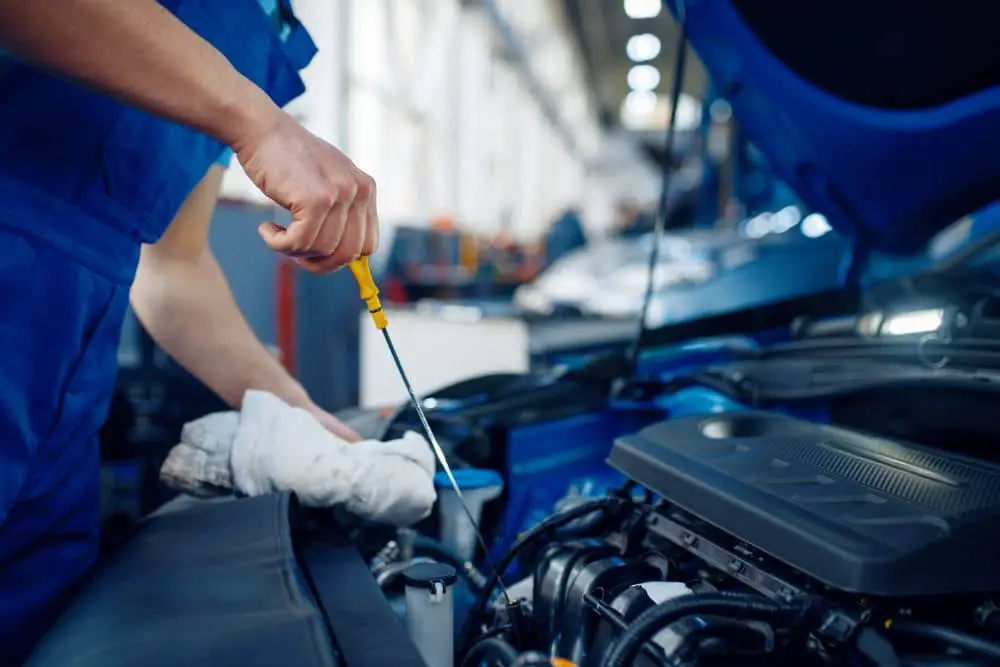
Why We Create These Car Stories
After 15 years as an auto electrician, I’ve learned that elaborate breakdown stories serve a purpose. They protect our ego from an uncomfortable truth: most car problems are preventable.
Nobody wants to admit they ignored warning signs. Nobody wants to look irresponsible. Nobody wants to say they chose to spend money on other things instead of car maintenance.
So we create stories that make us feel better. The car “suddenly” died. The problem was “impossible to predict.” The repair shop is “trying to rip us off.
But here’s what I’ve observed: the people with the most dramatic car stories spend the most money on repairs. The people with boring maintenance stories spend the least.
Your car always speaks. The question is whether you’re listening or creating stories to drown out what it’s trying to tell you.
The Real Cost of Our Car Stories
The financial impact is obvious. My Corolla client turned a $200 repair into a $3,000 replacement by telling himself he could “manage it home.
But the hidden costs go deeper:
Stress and anxiety: Living in reactive mode means every car sound becomes a potential crisis.
Lost opportunities: Money spent on emergency repairs could have been invested elsewhere.
Damaged relationships: Unreliable transportation affects work, family, and social commitments.
Reduced confidence: Constant car problems create learned helplessness about mechanical issues.
Time waste: Emergency repairs disrupt schedules and require immediate attention.
The people I see with the most elaborate car stories are often the most stressed about their vehicles. They live in fear of the next breakdown because their stories prevent them from taking control.
How to Rewrite Your Car Stories
The shift from dramatic breakdown stories to boring maintenance stories starts with honest self-assessment.
Track your patterns: Write down every car story you’ve told in the past year. Look for recurring themes. Are you always the victim? Always the hero? Always caught off guard?
Use technology to eliminate excuses: OBD2 scanners like the BlueDriver Bluetooth Pro connect to your smartphone and provide real-time data about your car’s health. No more “I had no idea” stories when you have actual diagnostic information.
Create accountability systems: Keep a simple maintenance log in your glove compartment. Record every oil change, tire rotation, and inspection. Physical documentation makes it harder to deny patterns.
Reframe maintenance as insurance: Instead of seeing car maintenance as an expense, view it as insurance against expensive stories. A $200 sensor replacement prevents a $3,000 transmission story.
Find pride in prevention: Boring maintenance stories might not get attention at parties, but they save thousands of dollars. Choose financial security over social validation.
Common Car Story Patterns That Predict Repairs
After 15 years as an auto electrician, I can predict which clients will have expensive problems based on their car stories.
Red flag phrases:
- “It just started making this noise”
- “I’ve been meaning to get that checked”
- “It’s probably nothing serious”
- “Let me see if it gets worse”
- “I don’t have time for maintenance right now”
Green flag phrases:
- “I noticed this during my routine check”
- “It’s due for scheduled maintenance”
- I’d rather fix it now than deal with problems later
- “What do you recommend for prevention?”
- I keep detailed maintenance records
The difference between these two groups isn’t income or car knowledge – it’s mindset and personal responsibility.
The Psychology Behind Maintenance Avoidance
Most car owners know what they should do. They know oil needs changing. They know tires need rotating. They know strange noises require investigation.
The problem isn’t knowledge – it’s psychology.
Fear of judgment: Many people avoid mechanics because they’re afraid of looking stupid or being taken advantage of.
Optimism bias: We believe bad things happen to other people’s cars, not ours.
Present bias: Immediate costs feel more painful than future costs, even when future costs are much higher.
Sunk cost fallacy: Once a car starts having problems, owners often throw good money after bad instead of making rational decisions.
Social proof: If everyone around you has dramatic car stories, avoiding maintenance feels normal.
Understanding these psychological barriers is the first step to overcoming them.
Building Better Car Story Habits
The goal isn’t to eliminate all car problems – it’s to change how we respond to them.
Start small: Begin with one simple maintenance habit. Check your oil monthly. Monitor tire pressure. Pay attention to dashboard lights.
Document everything: Keep records of maintenance, repairs, and symptoms. Patterns become obvious when you track them.
Find a trustworthy shop: Build a relationship with mechanics who explain problems clearly and respect your budget. Clovis Auto Care believes your car always speaks – we help you understand what it’s saying.
Budget for maintenance: Set aside money monthly for car care instead of treating every repair as a financial emergency.
Learn basic diagnosis: Understanding simple warning signs prevents small problems from becoming expensive stories.
The Choice Is Yours
Every car owner faces the same choice: spend a little money regularly on maintenance or spend a lot of money occasionally on repairs.
The difference is the story you tell yourself.
You can be like my Corolla client, turning a $200 sensor into a $3,000 transmission replacement with “let me manage it home” thinking.
Or you can be like the practical car owners who spend less money with boring maintenance stories that nobody wants to hear at parties.
Warren Buffett’s approach to cars mirrors his investment philosophy – practical thinking over emotional decisions. He doesn’t need impressive car stories because he has impressive results.
Your car always speaks. It tells you through dashboard lights, unusual noises, and performance changes exactly what it needs. The question is whether you’re listening or creating stories to avoid what you’re hearing.
Take Action, Not Make Excuses
The most expensive car stories always start with “I was going to…” and end with “I should have…”
Stop creating elaborate narratives about why you can’t maintain your car properly. Your future self – and your bank account – will thank you for choosing boring prevention over expensive drama.
Clovis Auto Care has heard every car story imaginable. But the clients who spend the least money and have the most reliable transportation are the ones with the most boring stories to tell.
What story will your car tell next year? The choice is entirely yours.
Share this article with family and friends who need to hear it. Your car always speaks – try listening.
FAQ
Why do people create elaborate breakdown stories instead of admitting maintenance neglect?
People create stories to protect their ego from feeling irresponsible or stupid. It’s psychologically easier to blame external factors than admit we ignored warning signs or delayed necessary maintenance.
What’s the most expensive car story pattern you’ve seen?
The “let me manage it home” pattern consistently turns small problems into major repairs. I’ve seen $200 fixes become $3,000+ replacements because owners convinced themselves they could wait.
How can I stop making excuses and start taking responsibility for car maintenance?
Track your maintenance patterns honestly. Use technology like OBD2 scanners to get real data about your car’s health. Keep detailed records.
What car maintenance habits prevent expensive breakdown stories?
Monthly oil checks, attention to dashboard warning lights, addressing unusual noises promptly, and following manufacturer maintenance schedules. Boring habits prevent expensive stories.
How do I find a trustworthy mechanic who won’t judge my car stories?
Look for shops that explain problems clearly and provide written estimates. Clovis Auto Care believes every car tells a story – we help you understand what yours is saying.

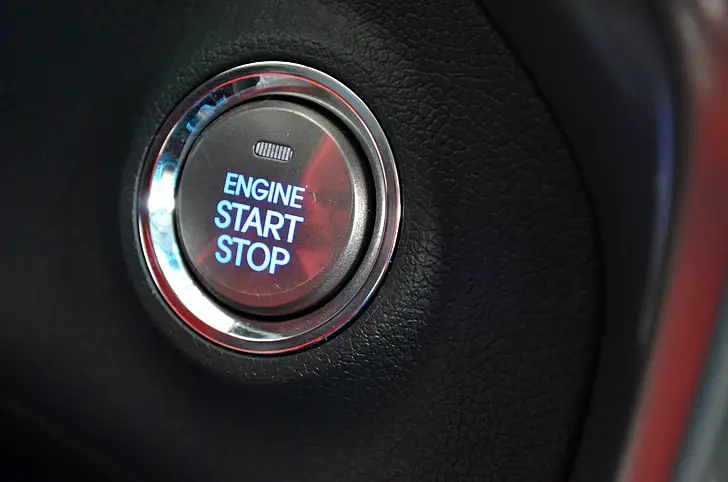
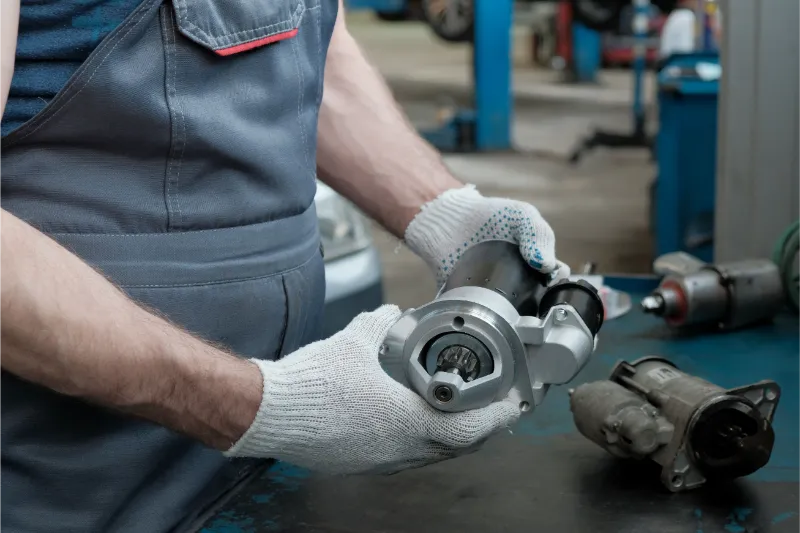
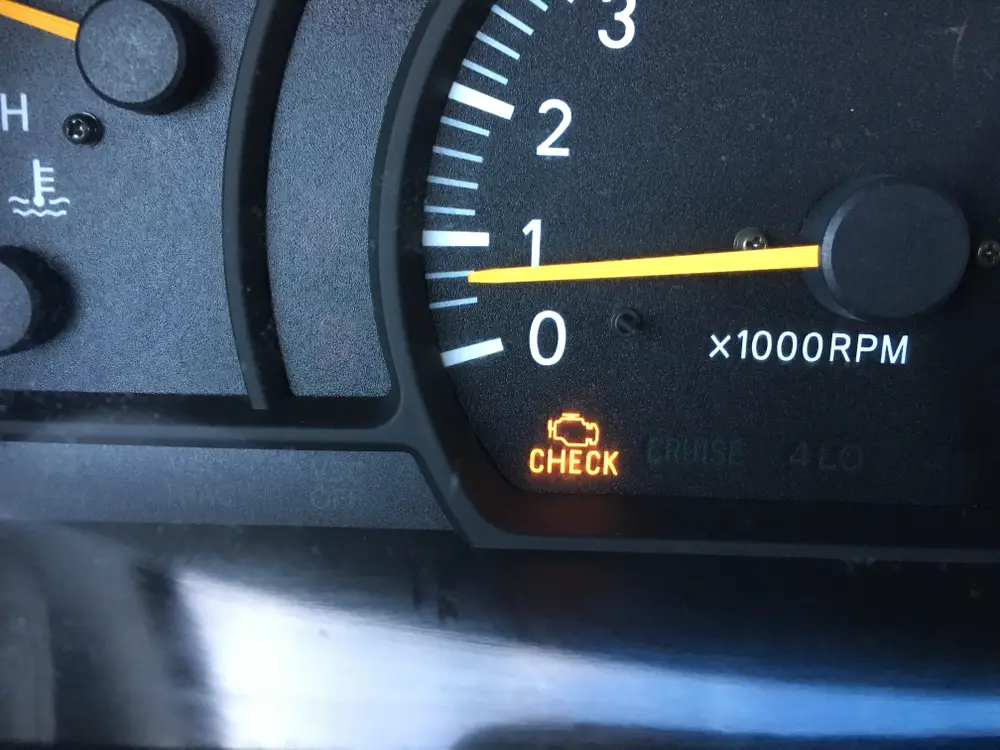
Leave a Reply